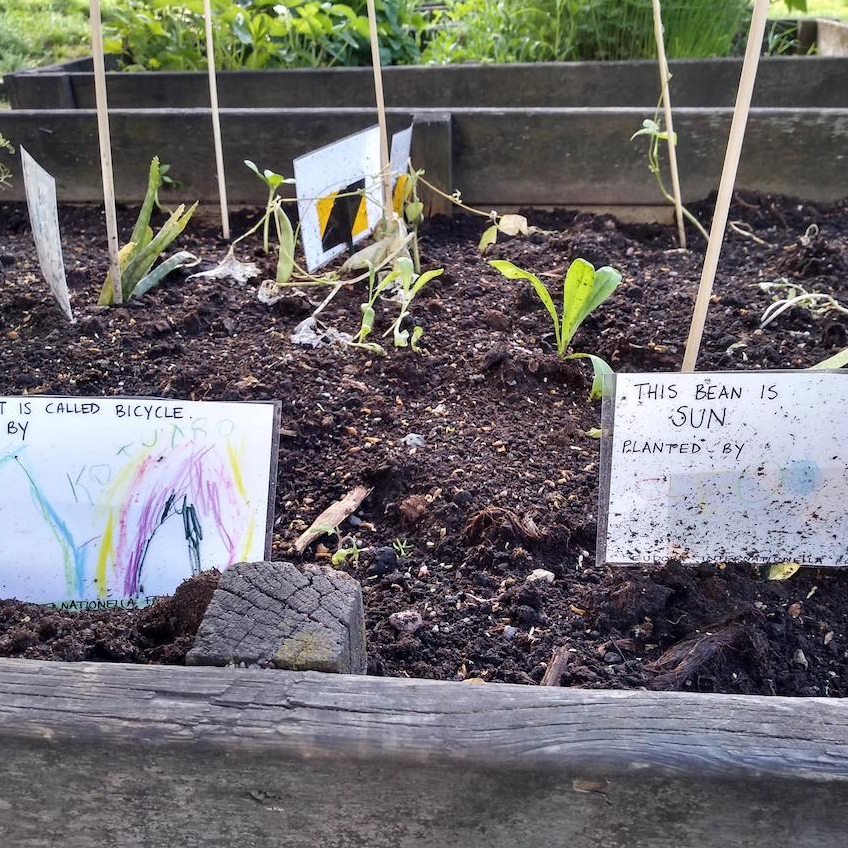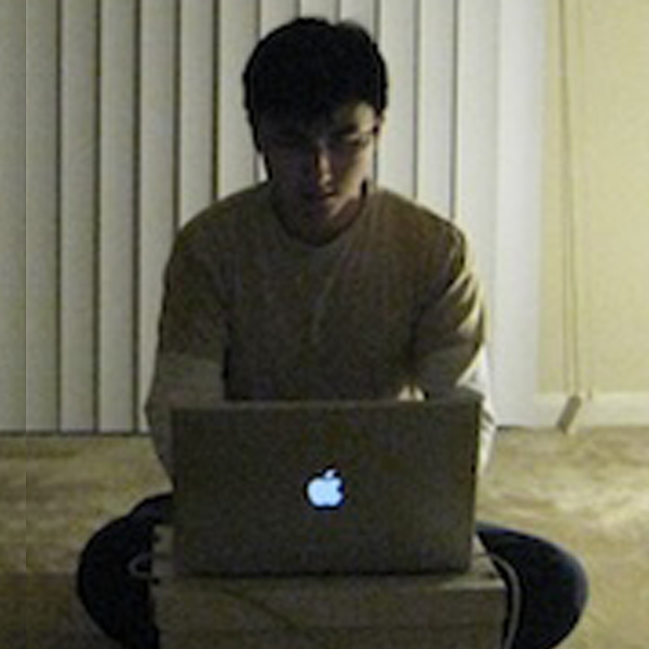I recently attended the 29th edition of ESEC/FSE 2022 in Singapore. ESEC/FSE is one of the most prestigious conferences in the Software Engineering field.1 This was my first time participating in an academic conference (in person). I went there to present two papers. But let me admit it, I had a negative opinion of academic conferences before. I used to think that conferences were expensive,2 unnecessary,3, and a waste of time and resources in general.4 All of this may be true, but there is something else I was not seeing. In this blog post, I share my experiences, with a focus on discussing what I think is the actual value, for PhD students, of attending academic conferences.

The Place
It is not by chance seeing a Bootstrap Carousel at the top of most conference websites today with pictures advertising the main attractions at the hosting place. As in the Olympic games, an academic conference is a marketing opportunity for the hosting city. In this case, the conference was held in Singapore, one of the most international and technologically advanced cities in the world.
The conference venue was held at the National University of Singapore (NUS). This location was very convenient, with many restaurants and shops in the same building. There was a proper banquet and Ulu Ulu Safari at the Singapore Zoo as well.
The best way to learn about different cultures is by visiting different places. As a PhD student, attending conferences is a unique opportunity to make academic tourism. There is nothing like being exposed to a different environment to spark new ideas and widen your perspective about many things.
“I entered a store at NUS. There were no employees there. First, I put my palm into a camera three times, and the system learned the patterns in my palm. Then, I stand in front of a gate (similar to the metro gates), I just showed my palm there, and the gate opened. I entered the store and picked what I wanted. Once completed, I entered a corridor and there were cameras on the ceiling. The cameras were scanning the QR codes on my picked items, and a monitor displayed the number of items I got and the total price of everything. Then I paid and the exit door opened. That was an amazing and futuristic experience.”
For me, it was such a refreshing feeling witnessing the beats Singapore. In particular, I got impressed by the Changi Airport. One of the locals mentioned that Singaporeans are very proud of their airport. And for good reasons! Everything is clean and technologically advanced in this airport. More than an airport, it is actually a gigantic mall. The architecture of the airport is centered around what is the largest indoor waterfall in the world.
Moving on into the city center. Many buildings are connected by air bridges. Inside there are stores, restaurants, and offices, altogether. I didn’t see many people outside in the streets due to the high temperatures (around 30o). Everything was clean, and everywhere the air had a good smell. I guess the Asian culture values cleanliness and order.
There is so much more I can say about Singapore. But I’ll stop here. You need to go and see it yourself. The point is this: Attending an academic conference is not just about the event itself but the experience of visiting a new place. This is one kind of knowledge that can only be gathered when exposing to a different society, and the vision of the world that expands through personal live observation.
The People
The most important aspect of attending academic conferences is the opportunity to meet and interact with other researchers. If you ask me, this is a key aspect of the experience and the main reason why one should attend academic conferences. The possibility of getting this kind of personal engagement with the academic community is a unique experience. At ESEC/FSE, I was able to talk with many researchers from different countries and institutions. I could not have had such a great experience if I had attended this conference online.
On the other hand, science is perceived today as a competitive endeavor. As I’ve mentioned before, the impact of researchers is often measured by their number of publications and citations in Google Scholar. This is unfortunate, but there is not much we can do about it. Fortunately, participating at conferences allows us forget about it for a while, and to perceive science as a collaborative endeavor instead.
As PhD students, we have been reading papers from the beginning of our studies. I know the names of the main researchers that are active on my topic. Their names are in the papers, of course, but who/how are these people really? A conference is an excellent plate to figure it out!
“The last day, I was coming back from the conference to my hotel. It is a 45 mins trip on a bus. I notice that one of the most prolific professors in my field was sitting on the same bus. I told to myself: I should’t miss the opportunity to talk with this guy. So I approached him, and we had an informal, semi-technical discussion about the past, the present, and the future of software debloating. He told me that some of his PhD students are working on the exact same problems that I envisioned some years ago. At the end of our talk, I understood that my knowledge of the topic is actually quite solid, and that I took a correct research direction. This talk increased significantly my confidence about the quality of my own work.”
The opportunity to talk with other researchers is priceless. I not only met many people from my field, but other prestigious researchers who are working on different topics (400+ researchers registered to ESEC/FSE this year). For example, I met Andreas Zeller, Abhik Roychoudhury, and Cristian Cadar. I had only known them through their papers. Before attending the conference they seemed unreachable heroes to me. But now, I perceive them more as very talented and successful humans. Obviously, they know many things, but not everything. This is something that you think that you know, but the only way to really understand it is by talking with them.
The most important moments are in the corridor after the presentations. The conference included a number of social events, such as a welcome reception, a dinner, and a conference banquet. I also liked the fact that there was dedicated time for informal discussions and networking. I had the opportunity to meet people who are very knowledgeable about my research area, and also people who are just starting to get into it. Indeed, after my second presentation, three participants reached out with questions and suggestions about my work. They were truly interested! They worked in something similar, or have friends working on the same thing.
Here is my main takeaway from this: Attending a conference gives the possibility of meeting the people at the top of your field, and for a moment, perceiving yourself as their equals. This could have a strong effect on self-confidence, which is more than necessary during PhD studies.
The Presentations
Technical presentations are the main reason some people attend conferences. The total time for each presentation is usually 15 minutes (inc. 1 to 5 minutes for Q/A). People that are interested in the presented topic usually ask very good questions. I got a lot of feedback from people who attended my talk. For the participants, this is an opportunity to learn about the general trends in the field and the latest research results.
During the three-day main conference, I attended three keynotes and more than 15 technical presentations. They covered a lot of ground: empirical software engineering with the human in the loop, testing for the web, automatic program repair, open source security vulnerabilities, AI, and automation. Talks were held in parallel, so I missed out on some them which seemed interesting. Luckily, videos and presentation material for all of the conference is now available online. Overall, it seems that AI for Software Engineering is a hot topic right now.
“I go impressed by the overall quality of the presentations at ESEC/FSE. Most of the participants there are mature researchers with a lot of experience on public speaking. My second presentation caught the attention of more people than the first one. In remember that someone asked me about the possibility of using software debloating for program understanding, this is something I never thought about before.”
Since I was on the last year as a PhD student at KTH. I felt more prepared to understand the technical content of the talks than I was a few years ago. I got acquainted with many interesting research trends, such as software evolution on big codebases, and the use of AI for software engineering. Anyways, whether you’re just starting out in your PhD, or whether you are a senior researcher, there’s always something new to learn from technical presentations.
Conclusion
Attending conferences is a great way to learn about the latest research trends in your field, meet other researchers, and get feedback on your work. For me, it was a great experience participating at ESEC/FSE. I’m glad that I had the chance to attend one conference of this magnitude before graduating. I hope that you will have the same opportunity!
Footnotes
At the moment of writing, ESEC/FSE is ranked second place (just after ICSE) among all the Software Engineering conferences in the world. ↩
My registration to ESEC/FSE as a “Student ACM Member,” which is the cheapest option, costs $400. ↩
As we all know: at the end all that matters is the published paper. ↩
PhD students are busy by default. There is always something super urgent to do (e.g., working on the latest paper, or addressing the latest major revision). ↩


